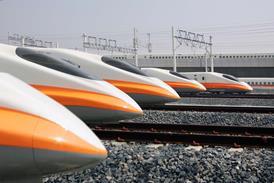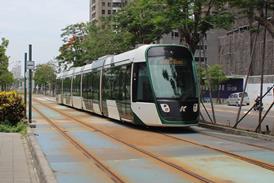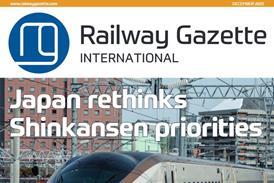English urban rail services get financial support extension
By Metro Report International2021-03-23T15:25:00

Photos: David Reed/Pixabay
UK: Further government funding has been agreed to ensure the continued operation of English urban rail services while ridership is severely reduced as a result of the coronavirus pandemic.
Already have an account? LOG IN
To continue…
You’ve reached your limit of content for the month
Get enhanced access to Railway Gazette news and weekly newsletters.

For almost 200 years, the Railway Gazette Group has been the leading provider of news, analysis and intelligence for the international railway industry. Our independent and authoritative content is read by operators, regulators and the supply industry in over 140 countries using a variety of tailored subscription packages.
Site powered by Webvision Cloud



